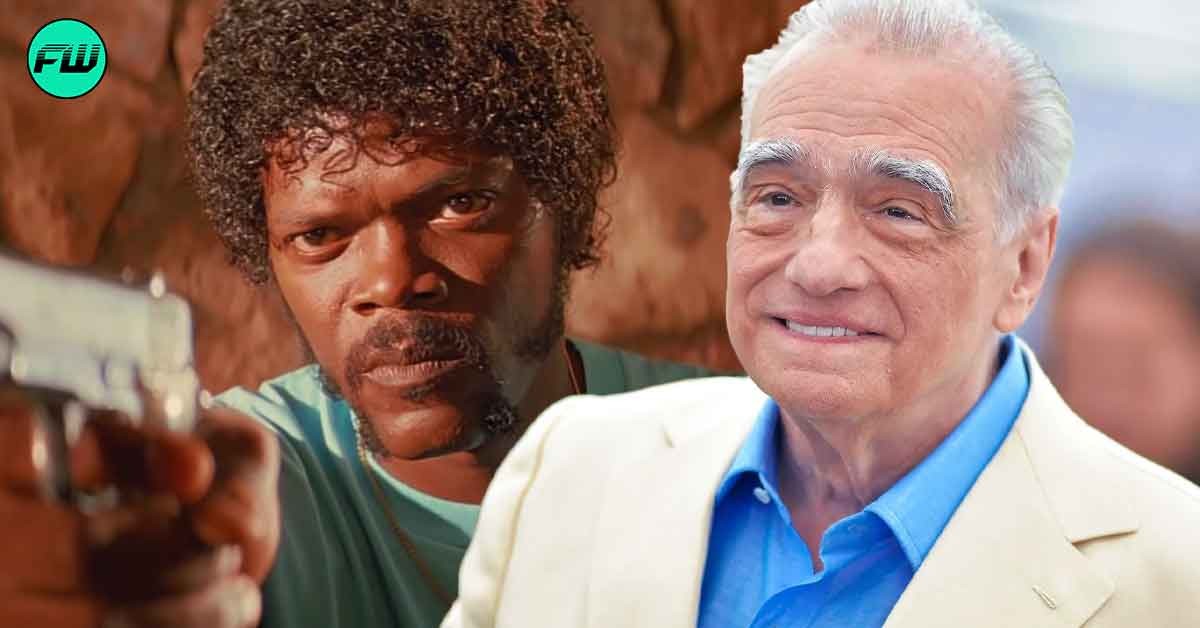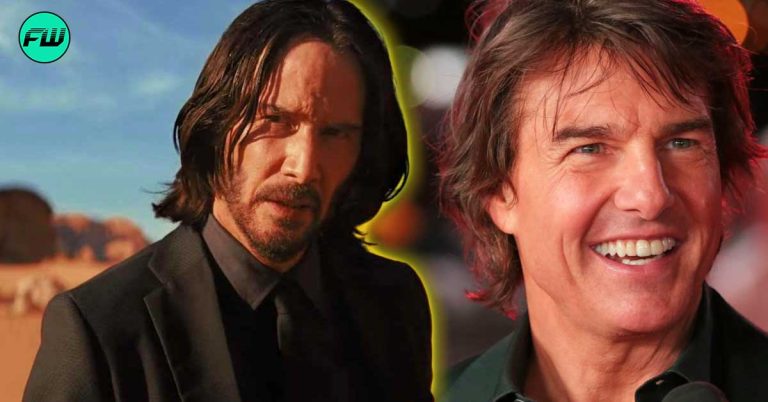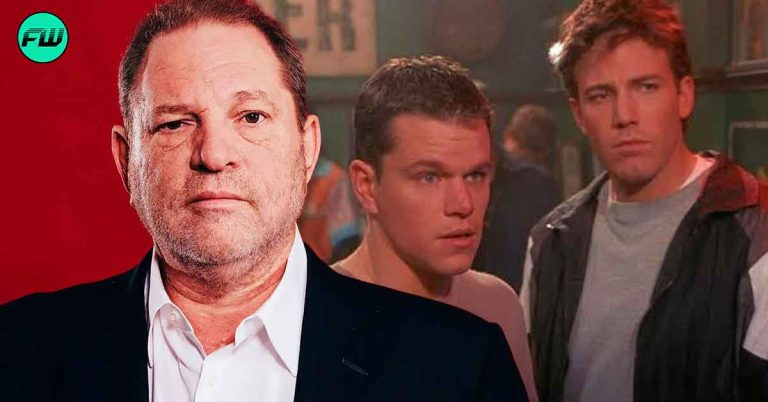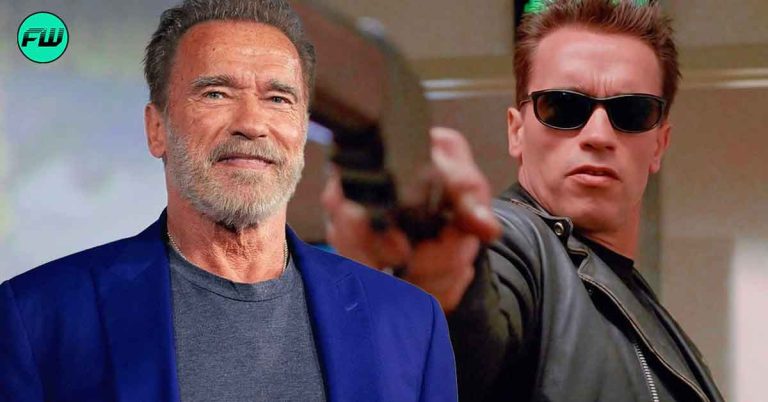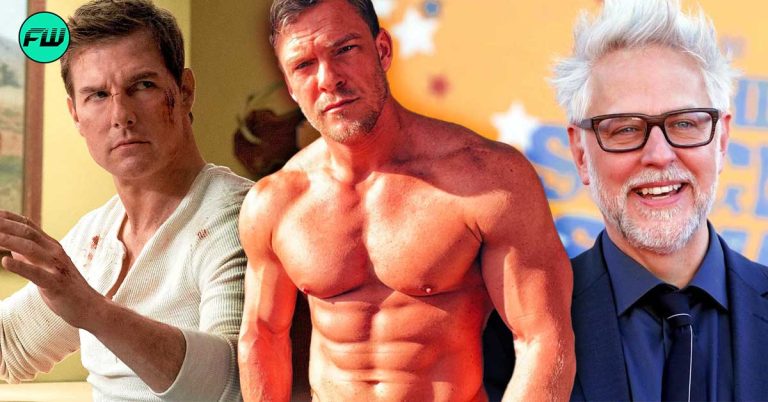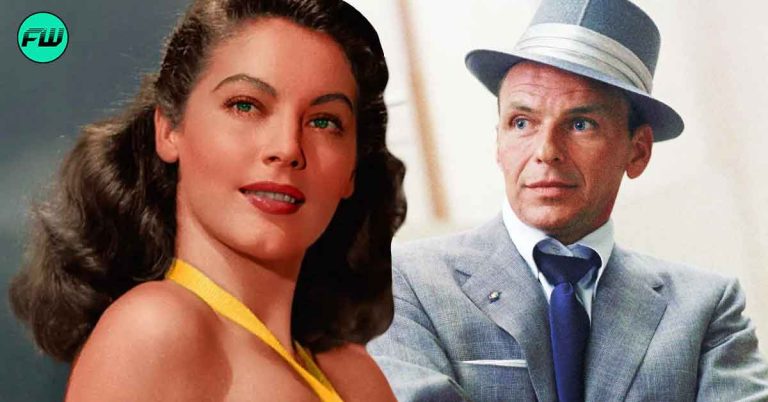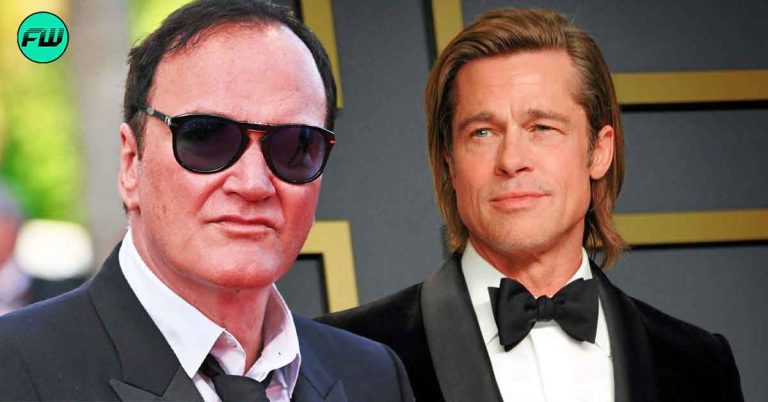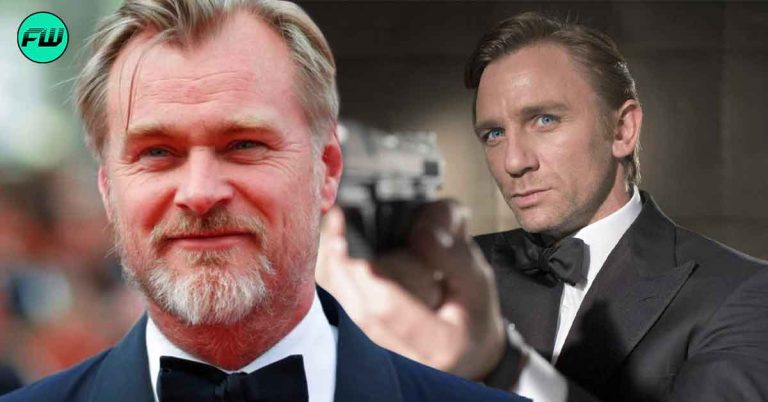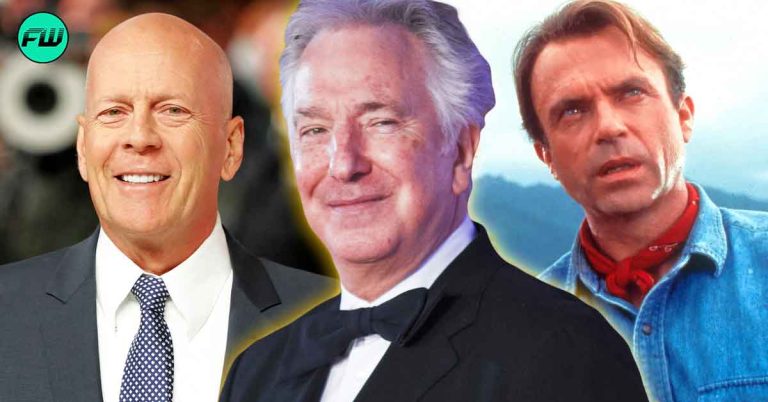Harvey Keitel delivered a compelling portrayal as the cunning pimp in Taxi Driver, yet his role nearly took a completely different path. Originally cast in a more significant part, Keitel’s unwavering determination to embody the pimp character had such an impact that it inspired both director Martin Scorsese and screenwriter Paul Schrader to reshape the script and give the character a more prominent presence.

Originally, Keitel was slated for the role of a campaign worker, which later went to Albert Brooks. Surprisingly, this campaign worker character was more significant than the pimp role he ended up playing. In the beginning, the pimp character had a mere five lines, as reported by Variety in 2019. Keitel’s passion didn’t lie in political dynamics; rather, he was captivated by the world of sex work, leading to the reshaping of the script to accommodate his dedication to the pimp character.
Harvey Keitel Was Disgusted By The Business
Harvey Keitel shared with Fresh Air that the central concept of a man commodifying a woman troubled him deeply. He felt a strong desire to delve into this disturbing aspect, seeking to understand the emotional and psychological complexities of such individuals. His portrayal in the role was influenced by his own personal struggles and biases.
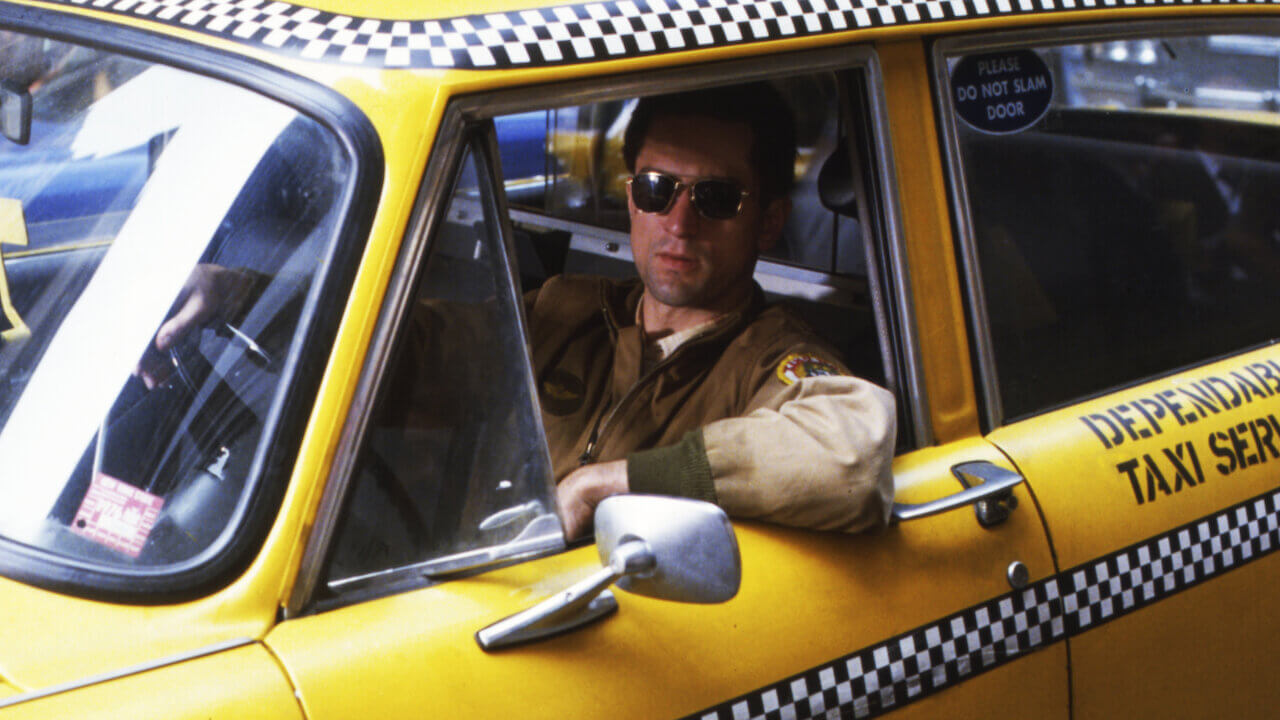
“It’s the whole idea of a man selling a woman, what is that?” Keitel explained to Fresh Air. “To me, it’s such a horrible thing. I wanted to learn about that, I wanted to know about that … What is their emotional makeup, their psychological makeup?”
Keitel candidly admitted that his performance tapped into his own inner conflicts regarding women, as he grappled with questions about both his own s*xuality and the complex nature of female s*xuality.
Harvey Keitel Worked With A Real Pimp
Keitel dedicated weeks of his time collaborating with a local pimp from his neighborhood to gain insights that would enrich his portrayal in Taxi Driver.
“We spent two weeks working in the basement of Actors Studio. He taught me how to dance with the girl. First I played the girl and he was the guy, and then we switched roles. He taught me how to be a pimp. At one point he says, ‘Oh, and you love the girl.’ I said: ‘Yeah but you don’t really love her.’ He said: ‘No, you love her.’ He repeated it several times. I still get the chills today remembering it. And he had a point.”
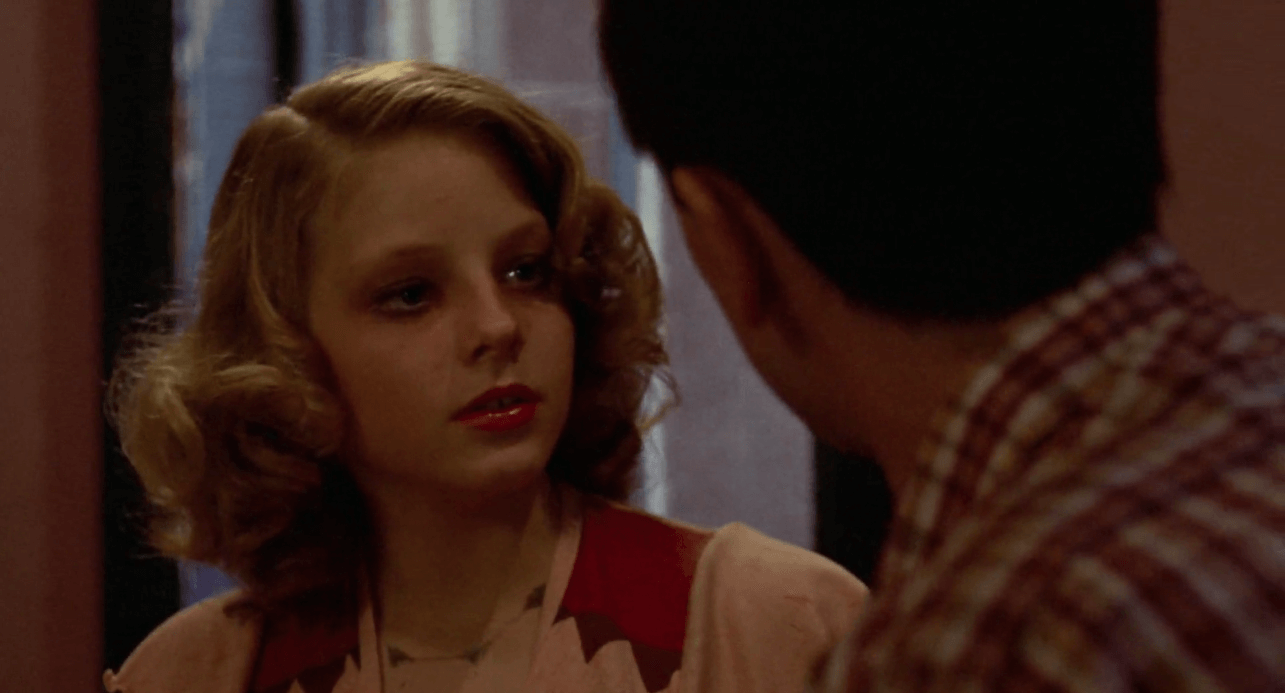
The outcome of this impromptu collaboration was nothing short of remarkable, serving as the foundation for Keitel’s most impactful moment in the film – the poignant slow dance with Jodie Foster, who portrayed the young sex worker Iris. Keitel shared that he showcased these improvisational scenes to both Martin Scorsese and Paul Schrader, leading them to seamlessly integrate these moments into the script.
Keitel’s contributions to the role extended beyond improvisation; he also introduced the concept of sporting long hair and conspicuous accessories. This decision might have been to create a deliberate separation between the actor and the character or perhaps to emphasize the character’s detachment from his victim.
Source: Slashfilm

